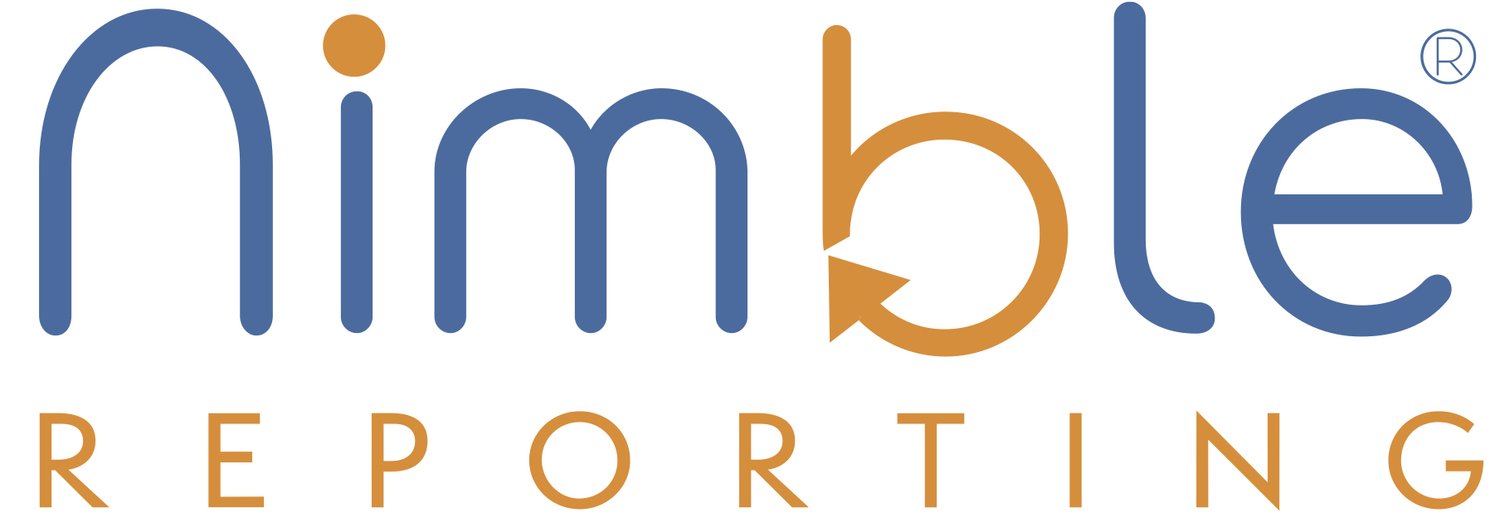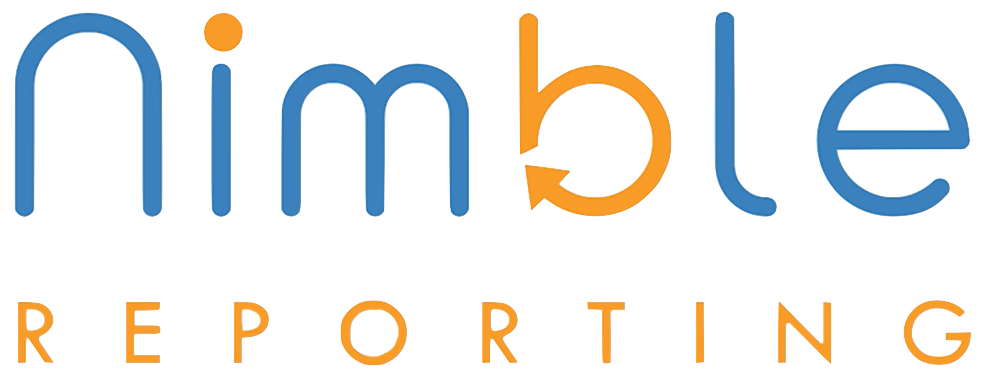HR in Changing: The AI Revolution in Payroll and Compensation
The strategic and utility advantages of AI cannot be clearer. And because HR deals with so many variables in predicting the success of people in various roles, keeping key employees retained, navigating he competitive arena, etc., its important to understand its benefits and pitfalls. Here’s a quick synopsis and if you want to dive deeper there are plenty of resources. As long as you know the questions to ask.
The integration of Artificial Intelligence (AI), particularly through tools like ChatGPT, is no longer a futuristic concept but a present-day reality. This technology is revolutionizing the way HR professionals approach payroll and compensation, offering unprecedented efficiency, accuracy, and strategic insight. Let’s explore how AI is setting new standards and why embracing this change is not just beneficial but essential for staying competitive and fair in talent management.
AI: The Game-Changer in Payroll Management
Imagine a world where payroll processing is not only faster but virtually error-free. AI and ChatGPT make this possible by automating complex calculations, tax withholdings, and compliance checks. This shift not only minimizes the risk of human error but also significantly reduces the administrative burden, freeing up HR professionals to focus on more strategic tasks.
Compensation Strategies Reimagined
Determining competitive salaries is more art than science, requiring a delicate balance between organizational budgets and market standards. Here’s where AI steps in as your personal analyst, leveraging real-time data to provide compensation ranges that attract top talent without compromising financial health. But it’s not just about salaries; AI can tailor incentive programs that align with company goals and employee performance, fostering a culture of recognition and motivation.
The Strategic Edge of AI in HR
Incorporating AI into HR practices offers a strategic advantage, enabling data-driven decisions that support both organizational growth and employee satisfaction. For instance, ChatGPT’s analysis of market trends can guide compensation strategies, ensuring they meet industry standards and employee expectations. This level of insight empowers HR professionals to negotiate salaries confidently and design benefits packages that truly resonate with their workforce.
Navigating the Challenges
Despite its benefits, integrating AI into HR processes comes with its set of challenges, including data privacy concerns and the need for continuous updating to reflect the latest regulations and standards. However, by establishing clear policies and staying informed on AI advancements, these hurdles can be effectively managed.
AI in Action: A Fictive Example
Consider a scenario where an HR team is tasked with revising their compensation structure. By inputting their goals and constraints into an AI system like ChatGPT, they receive a comprehensive analysis of current market trends, recommended salary bands, and incentive models. This process, which traditionally might take weeks of research, is completed in a fraction of the time, enabling the team to implement a competitive and fair compensation strategy swiftly.
Embrace the Future of HR with AI
The integration of AI in payroll and compensation is not just about adopting new technology; it’s about embracing a future where HR practices are more efficient, strategic, and aligned with employee expectations.
In conclusion, the journey of integrating AI into HR is an ongoing process of learning, adaptation, and innovation. By leveraging tools like ChatGPT, HR professionals can not only streamline payroll and compensation processes but also contribute to a work environment that is fair, competitive, and aligned with the future of work. Let’s embrace AI as our strategic partner in redefining HR practices for the better.


